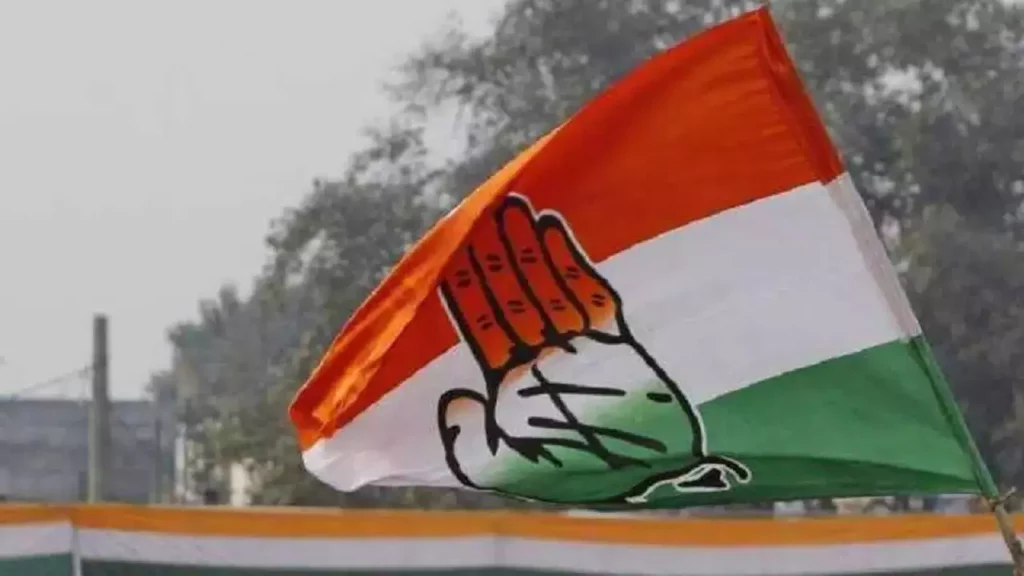The Congress maintained that the Supreme Court did not consider the use of the ED against the opposition for political purposes in the last 8 years despite sealing all the powers of the ED. On the contrary, the central government told the parliament that it is the opposition-ruled states that are obstructing the investigation into corruption. More than 200 investigations into corruption worth over Rs 30,000 crore have been stalled as half a dozen opposition-ruled states, including West Bengal, have withdrawn permission for CBI investigations. In the Rajya Sabha, the government said that the investigation of corruption worth around 12 billion rupees is pending in 27 cases of West Bengal.
A three-judge bench of the Supreme Court on Wednesday sealed the powers of the ED from arrests to searches, seizure of cash and property to recording statements during interrogation and producing them as evidence. The Congress claims that the ED has functioned entirely as a branch of the ruling party during the eight years of the Modi government. The ED has folded its hands whenever anyone left the opposition and joined the BJP. ED didn’t care what anyone thought about them. According to the Congress, this misuse of ED required protection in the Prevention of Financial Crimes Act.
Congress leader’s comment

Congress leader and lawyer Abhishek Manu Singhvi, though not directly criticizing the Supreme Court’s verdict, said that the number of ED cases and searches has increased in the last 8 years. 99 percent of it is against the opposition. But the conviction rate is only 0.5 percent. As a result, it is clear that the ED’s job is only to harass the opposition. These issues required more attention and intervention of the Supreme Court.
Counter-statement from BJP
BJP’s counter-argument is that, evident from the recovery of crores of rupees in EDI’s raids in West Bengal, the probe is not being conducted for mere political gain. Manu Singhvi said, “Wherever there is evidence, there must be investigation, search. We have never objected to it. But why does the investigation against the accused go into cold storage just after they join the BJP?”
There were allegations that the ED’s arbitrary powers were infringing on human rights and constitutionally mandated fundamental rights. The Supreme Court dismissed the complaint. The Supreme Court has also sealed double bail conditions if the ED arrests someone. According to the EDI Act, the accused must show reasonable cause to prove his innocence. Even if he gets bail, he has to convince the court that he will not commit the crime.
Five years ago, a bench of former Supreme Court judge Rohinton Noriman struck down this section of the ED Act as ‘unconstitutional’. But this time in the Supreme Court, a 3-member bench headed by Justice a M Khanwilkar recognized it on Wednesday. A section of jurists also criticized the Supreme Court verdict. According to former Additional Solicitor General Biswajit Bhattacharya, “The Supreme Court had an opportunity to amend the controversial provisions of the Anti-Money Laundering Act.”
